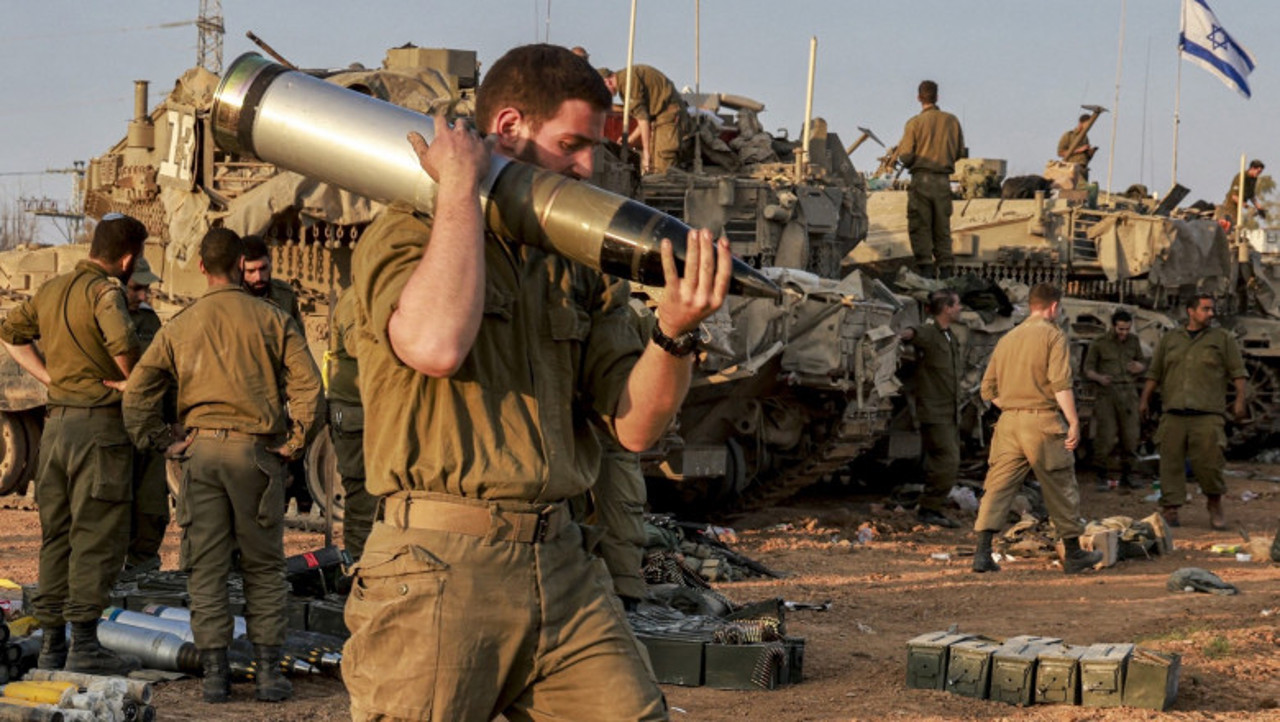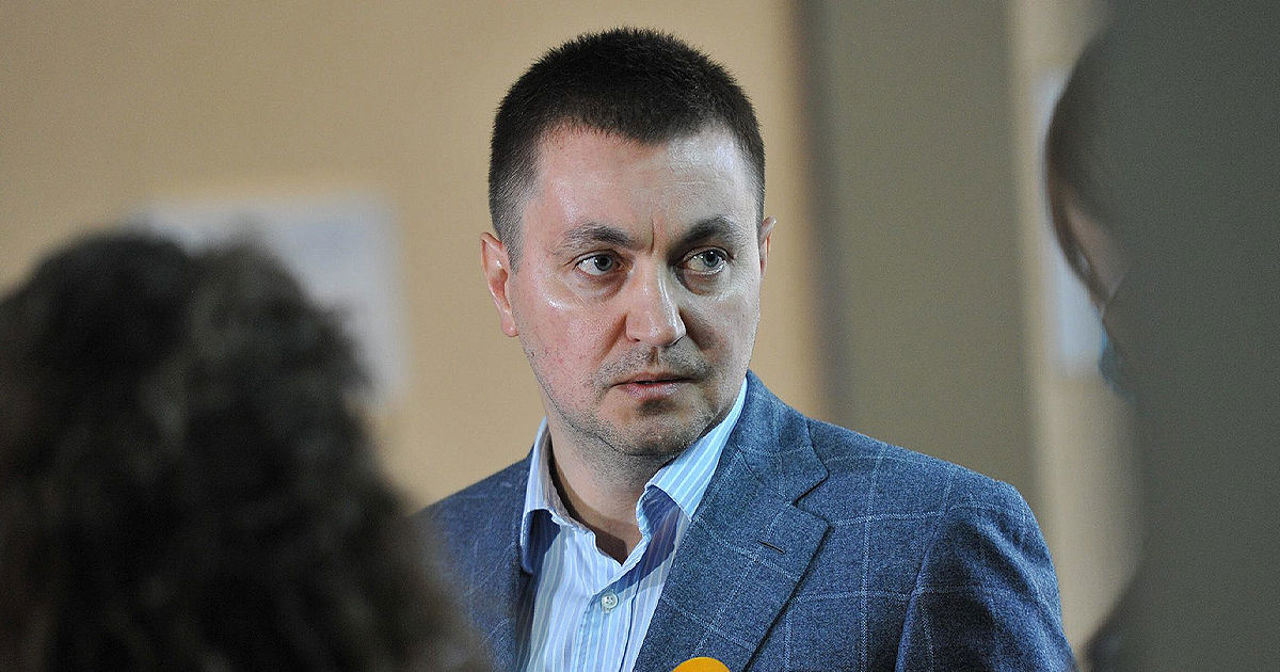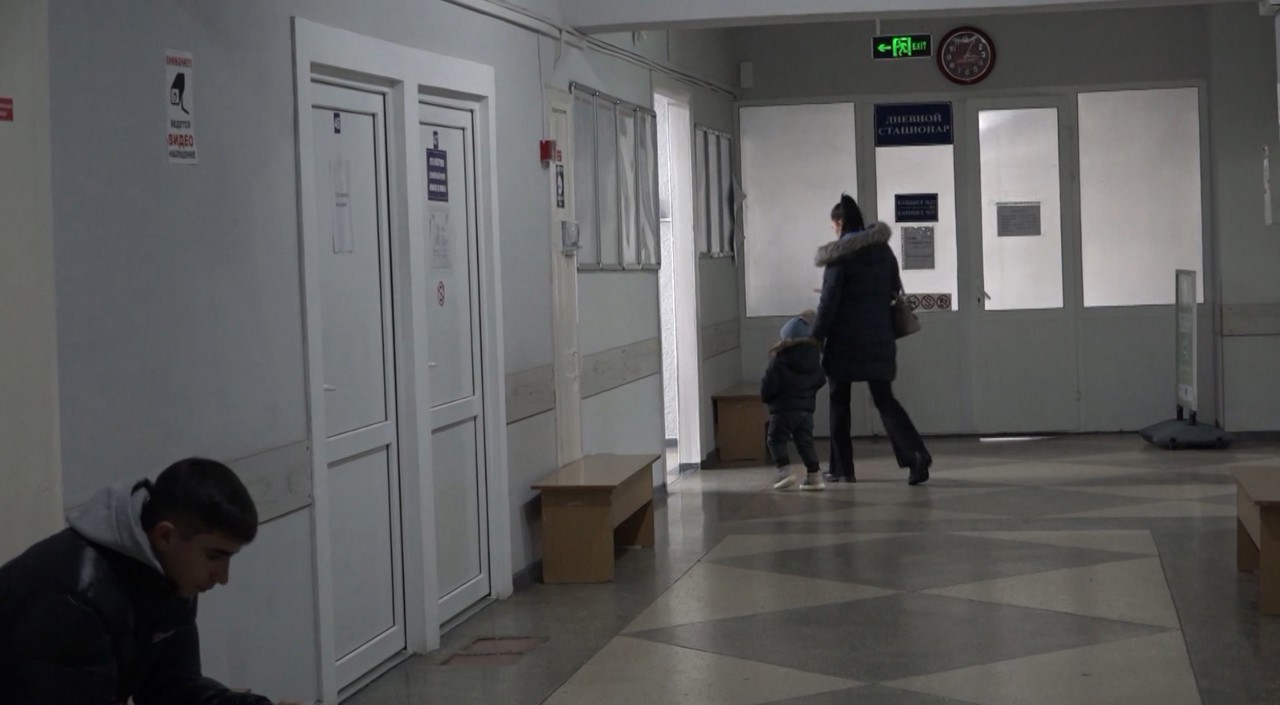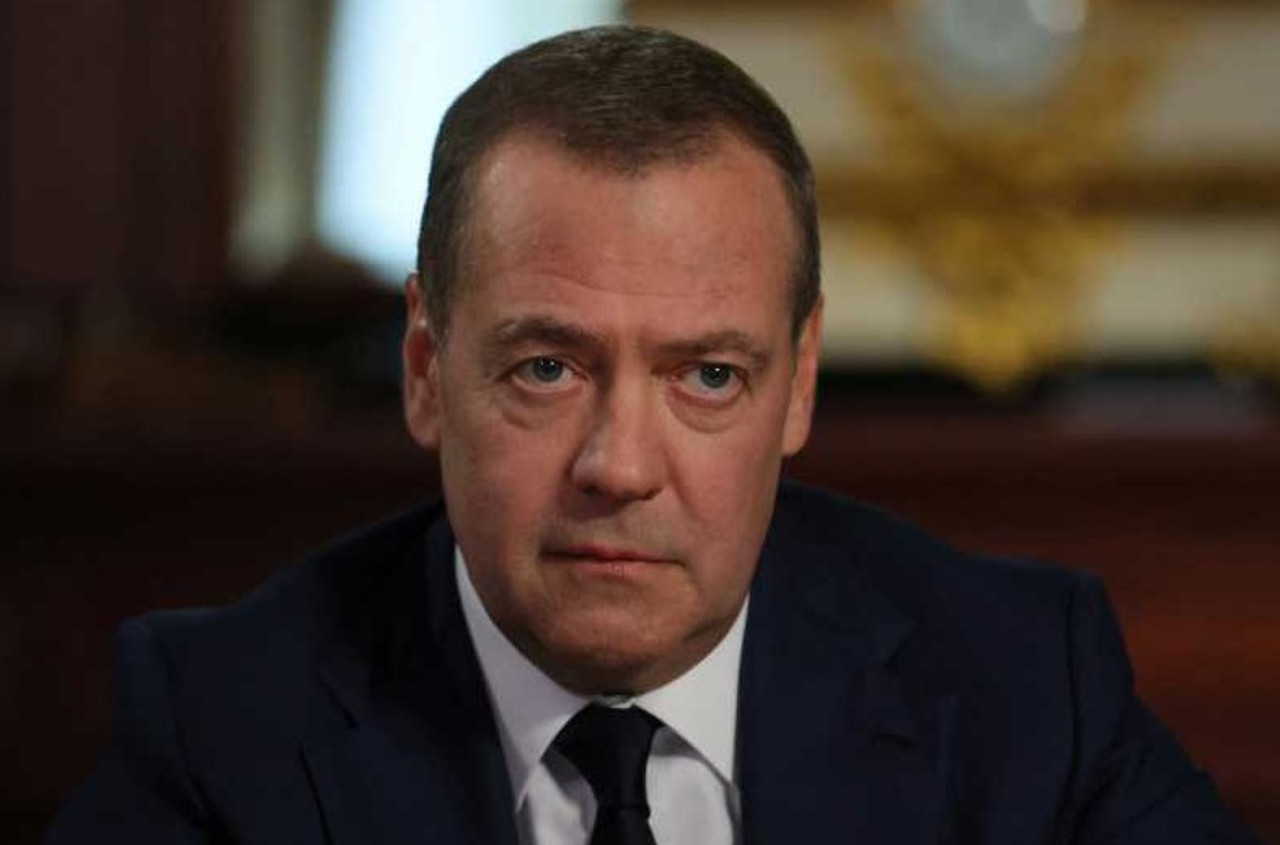Israel begins strategic troop withdrawal from gaza, shifting focus in the conflict
In a significant development, Israel has initiated the withdrawal of some troops from the Gaza Strip, marking the beginning of the third phase of the ongoing conflict.

A high-ranking Israeli official, as reported by G4Media.ro and cited by Reuters, stated that this withdrawal specifically involves reservists, recruited as part of the 300,000-strong reserve force mobilised for the war. The official emphasised that this move aims to "re-energize the Israeli economy."
The redeployed forces from Gaza will undergo rotation at the northern border with Lebanon, where Hezbollah militants engage in daily exchanges with Israel in solidarity with the Palestinians. Israel has issued a warning, indicating the possibility of a full-scale war in Lebanon if Hezbollah fails to withdraw.
Both Hamas and Hezbollah receive support from Iran, whose allies in Syria, Iraq, and Yemen have also launched attacks against Israel. The intricate web of alliances intensifies the regional dimension of the conflict.
Since the October 7th attack by Hamas on Israel, resulting in 1,140 casualties and up to 250 hostages, Israeli officials have outlined a three-stage war plan. The first involved intensive bombardment to clear access routes for ground forces and encourage civilians to seek refuge. The second, commencing on October 27th, witnessed the invasion as Israeli tanks and soldiers penetrated large parts of the Gaza Strip.
As tanks withdrew from certain neighbourhoods in Gaza on Monday, residents reported their presence in other areas ahead of the planned troop reduction. However, intense fighting persisted in other parts of the Palestinian enclave.
It's crucial to note the human toll on both sides. Since the conflict's onset, the Israeli military has lost 172 soldiers, with some casualties attributed to "friendly fire" incidents. On the Palestinian side, the most recent health ministry report disclosed 21,978 killed and 56,697 injured in Israel's response.
The situation remains fluid as Israel recalibrates its military strategy, anticipating a duration of at least six months for this critical phase of the conflict.
Translation by Iurie Tataru





